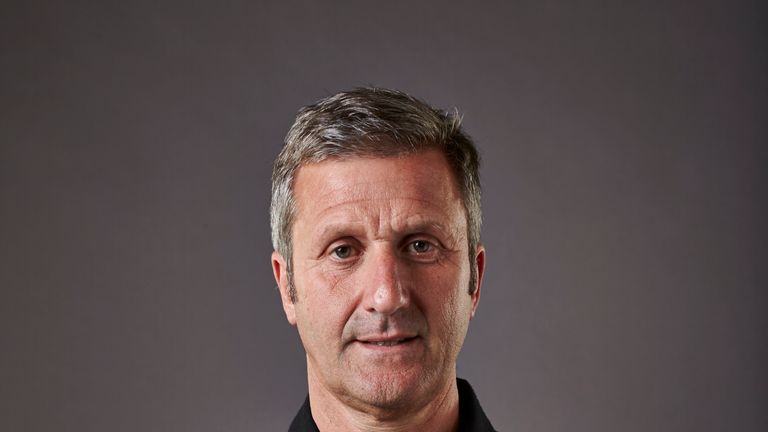The doctor giving evidence in the employment tribunal of Jess Varnish has claimed British Cycling coaches had “complete” control over their athletes.
Varnish, who was dropped from the Olympic programme in March 2016, is suing British Cycling for wrongful dismissal, sex discrimination and detriment to a whistle-blower.
First she must persuade Judge Ross at a tribunal in Manchester that she was effectively employed by British Cycling and the funding agency UK Sport before she can do so.
But her legal team received a welcome boost on Thursday, when the judge ruled that written evidence given by former British Cycling and Team Sky doctor Dr Richard Freeman would be accepted.
“The control by the coaches over the athletes was complete – cycling is a coach-led sport,” wrote Dr Freeman.
“The coach would decide everything. The athletes were very firmly controlled.”
In his statement, he claimed that “non-compliance was not acceptable” as only the coaches decided who would stay on the programme or not.
“Such matters were supposedly decided by reference to the selection criteria but these were so vague as to be like ‘scotch mist’.”
Dr Freeman was advised by his own lawyer not to attend the tribunal on Wednesday and his written statement remains unsigned.
That legal advice was offered once it became apparent that representatives of the General Medical Council (GMC) wanted to hear him be cross-examined by British Cycling’s barrister, Thomas Linden QC.
Dr Freeman, who has been suffering from depression, was allowed to resign from British Cycling earlier this year instead of face a disciplinary process over allegations related to his time at the National Cycling Centre – matters that will be examined in a GMC tribunal in February.
Linden “completely objected” to unsigned written evidence being accepted, saying the “circumstances of Dr Freeman’s non-appearance were murky, to say the least” and putting an unsigned statement into the public record would be a mistake because it would give the doctor “plausible deniability” at a later date.
Judge Ross, however, said employment tribunals were “less formal” than courts so she would admit it but give it “very little weight” in her deliberations.
The rest of Thursday’s session was taken up by Varnish’s barrister, David Reade QC, cross-examining British Cycling’s head coach Iain Dyer and programme director Andy Harrison, as well as UK Sport chief executive Liz Nicholl.
Both Dyer and Harrison were challenged on several points related to the level of control British Cycling had over athletes in terms of when they trained, what they did in their free time, what they wore and what personal sponsorship deals they made.
Final submissions in the case, which could transform how British athletes are funded, are on Friday, with a verdict expected on Monday.
Source: Read Full Article

